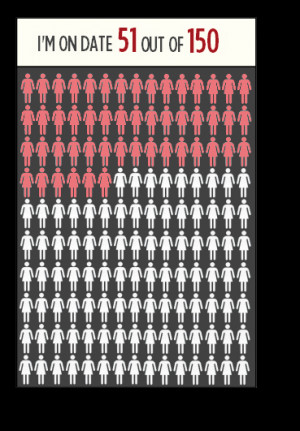

Dietary choices, for example, contribute to the risk for developing hypertension, hypercholesterolemia, overweight/obesity, and inflammation, which in turn increase the risk for diseases that are associated with significant morbidity and mortality, including cardiovascular disease, diabetes, and cancer. Although there are established genetic and environmental contributors to NCD risk, modifiable lifestyle-related factors play a large role at the individual level.

Non-communicable diseases (NCDs) such as cardiovascular disease, cancer, chronic respiratory diseases, diabetes, obesity, and cognitive impairment are among the leading causes of death and disability throughout the world, affecting populations in developed as well as developing countries. In total, evidence from epidemiological studies and clinical trials indicates that these types of dietary patterns reduce risks of NCDs including cardiovascular disease and cancer.

To better understand the current concept of a “healthy diet,” this review describes the features and supporting clinical and epidemiologic data for diets that have been shown to prevent disease and/or positively influence health. In comparison with a more traditional Western diet, these healthier alternatives are higher in plant-based foods, including fresh fruits and vegetables, whole grains, legumes, seeds, and nuts and lower in animal-based foods, particularly fatty and processed meats. Greater consumption of health-promoting foods and limited intake of unhealthier options are intrinsic to the eating habits of certain regional diets such as the Mediterranean diet or have been constructed as part of dietary patterns designed to reduce disease risk, such as the Dietary Approaches to Stop Hypertension (DASH) or Mediterranean-DASH Intervention for Neurodegenerative Delay (MIND) diets. A large and growing body of evidence supports that intake of certain types of nutrients, specific food groups, or overarching dietary patterns positively influences health and promotes the prevention of common non-communicable diseases (NCDs). The definition of what constitutes a healthy diet is continually shifting to reflect the evolving understanding of the roles that different foods, essential nutrients, and other food components play in health and disease.


 0 kommentar(er)
0 kommentar(er)
